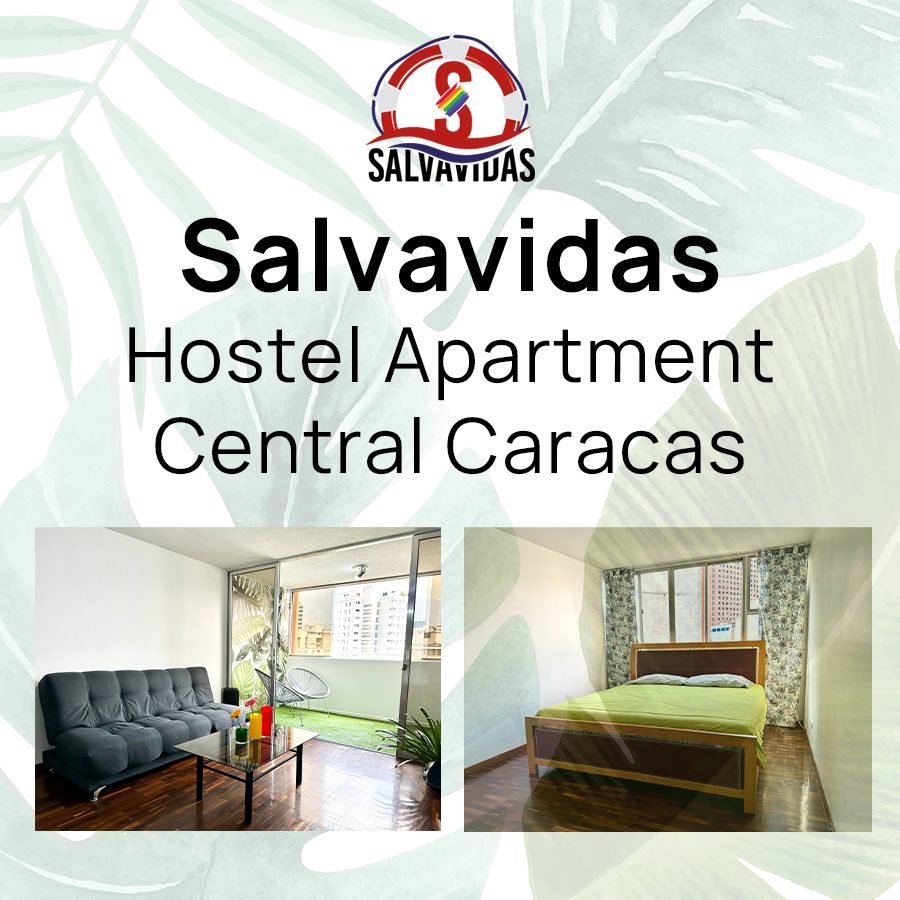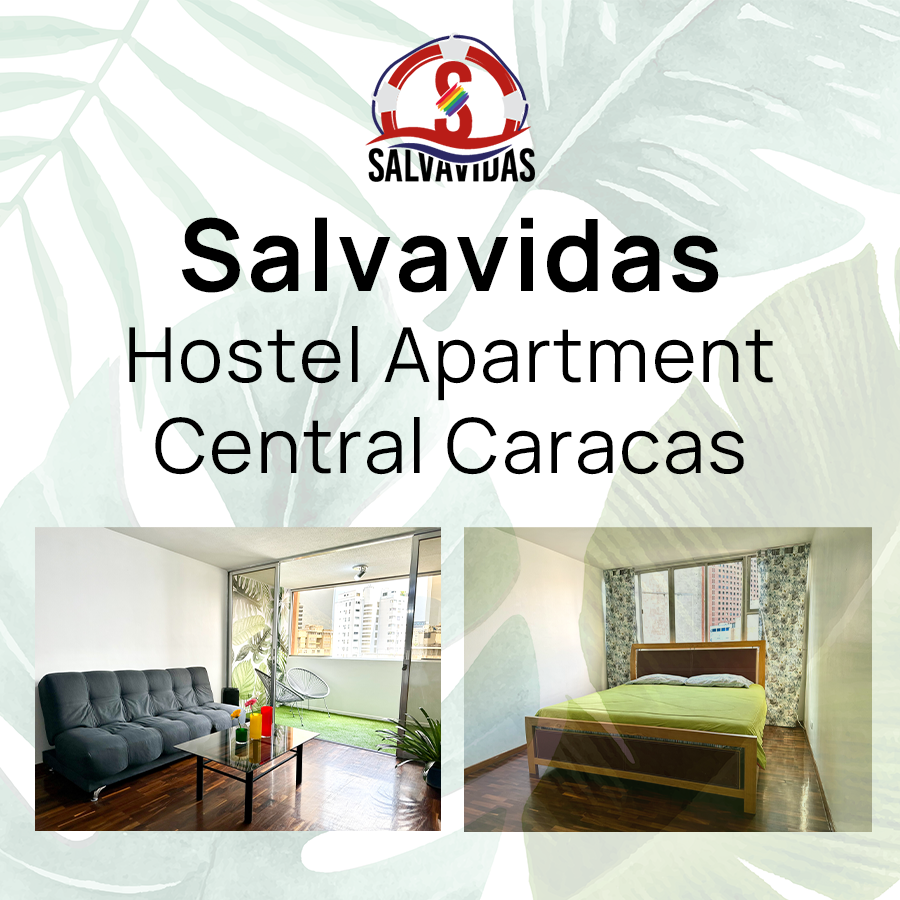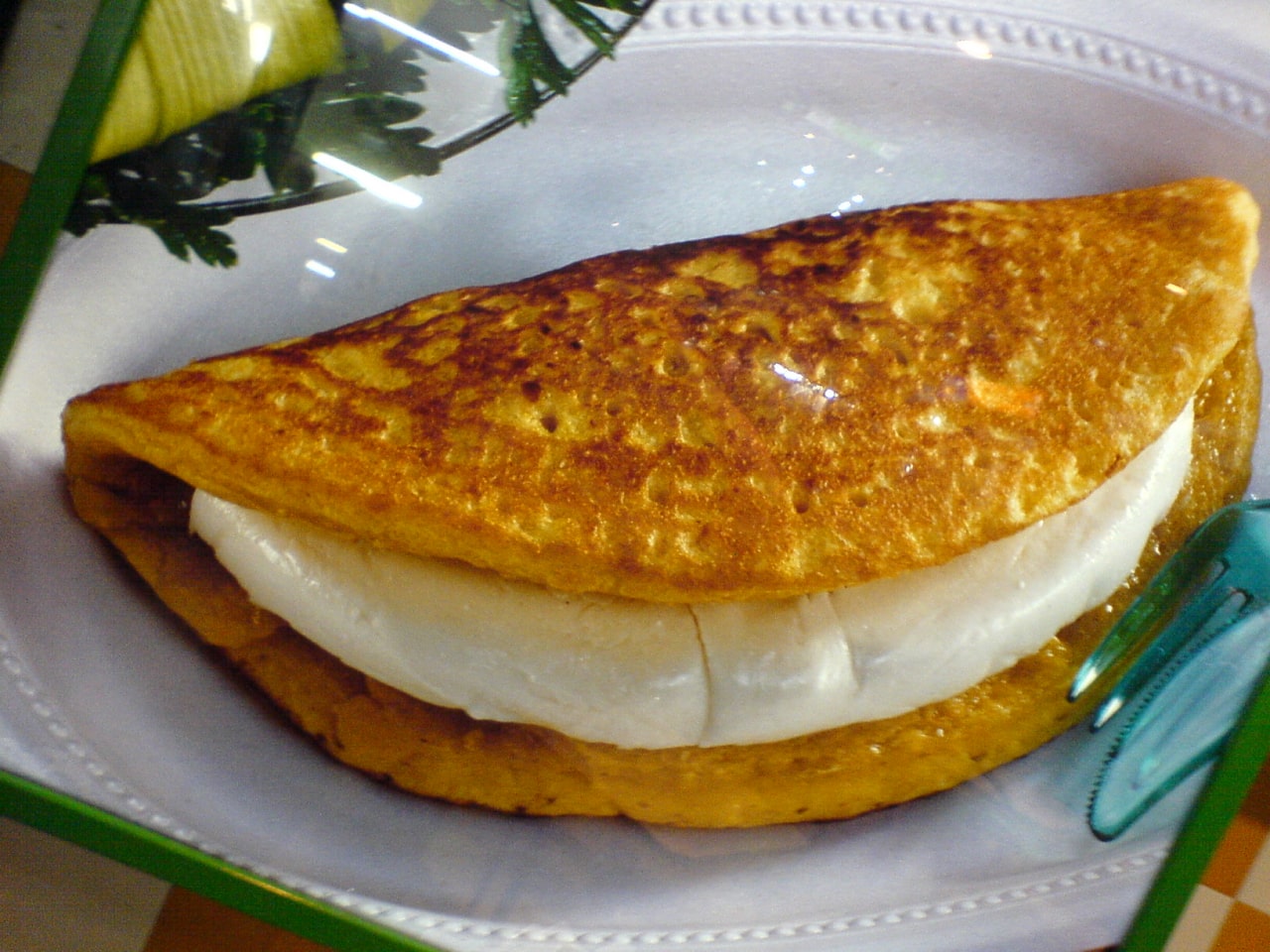
What’s your PIN? How to pay in Venezuela
Share

In Venezuela you’ll be forced to tell your deepest secret in public. You have have to tell everyone your pin. This video is about money in Venezuela. It’s a challenge that dominates daily life. You’ll need two types of cash, credit cards and some apps. And be prepared to fight for your money.
Hard cash: bolivares and US dollars
Prices can be listed in two currencies. BS means bolivares. REF means reference, which is code for US dollars. The Bolivar is the official currency. You’ll need a lot, because it isn’t worth much. Bolivares are mostly used to buy small items like vegetables, bread or bus rides. The US dollar was officially permitted for use. Before that people traded with it illegally. Its introduction has helped bring an influx of new money and stabilized some prices. But be prepared to fight over your dollar bills.
One of the most frequent phrases you’ll hear in Venezuela is: “Tienes mas sencillo?” It means: “Do you have any smaller notes?” Nobody wants the big benjamins. A$100 bill is almost unusable on the street. The most valuable form of currency is often a crisp $1 note. That’s because it’s hard to get US dollars here. They’re not officially available. You can’t withdraw them from a bank.
Sellers will refuse to sell rather than accept big notes. They’ll demand your small notes. But don’t give in! Often they’re bluffing. Hang on to your small change. You never know when you’ll really need it. Tell them: “No tengo mas sensillo.”And check your change. Refuse bills that are worn or torn. You won’t be able to spend so called broken notes, and you can’t exchange them for new ones. They’re effectively worthless.
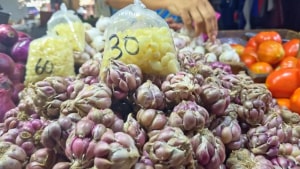
Can you use ATMs in Venezuela?
Travellers are often told they can’t use credit cards to withdraw cash from bank machines. But our experience shows this is a myth.
It’s true that many bank machines don’t work. There’s a few theories about why. A bank employee said it’s because ATMs are expensive to maintain, and they run out of the low value bolivar notes quickly.If you find a machine that works, you may be able to use it, depending on your bank’s international arrangements. Some banks may charge a large fee, while others don’t.
But you will probably only be able to withdraw a small amount. Our experience showed they only dispense about $5 worth of bolivares at a time, so it’s not a scalable way to obtain cash.

What’s your PIN? Using your credit card in shops
You can almost always use your card in shops. Most sellers accept international credit cards these days, even for small transactions. But be prepared for some unusual questions at the caja.“Cedula” means identification number. All Venezuelans have one. If you don’t, you could try giving your passport number. But our experience shows that it doesn’t really matter what number you give if you are using an international credit card. Try any number and it will probably work.
But the next question is a shock for many international visitors.
“Clave” means code – or PIN. Yes, you will be asked to reveal your top secret bank access code, out loud, in public. PINs used to be secret here too, until a few years ago when card transactions became common due to cash shortages. People found it faster and easier to just say their PIN out loud.
No one seems worried about the security of their PIN. You can insist on entering your PIN yourself if you really want to. Or you can just act like a local, and get used to saying your PIN in public.
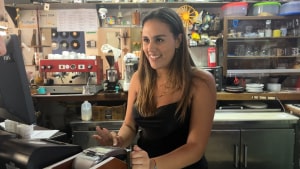
Digital currency and Western Union transfers
Before you travel you should open a Binance account and load it up with some BUSD, the digital equivalent of US dollars. Some businesses will accept this in exchange for goods and services, although it’s not yet widespread.
You can also use Binance to try to get cash. Ask friends if they know anyone they trust trading currency via Binance. It can be nerve-wracking transferring hundreds or thousands of dollars to a stranger online. Make sure your friends trust the person they are recommending.
Paypal is sometimes used here, but not frequently. More common is Zelle, but you’ll need a US bank account for that. Venezuela has its own digital currency, the petro, but it’s hardly used.
Old fashioned Western Union doesn’t work easily for tourists. To receive money here you need to register with Zoom, the local Western Union affiliate. But you need a Venezuelan ID to do so. You could try sending money to a Venezuelan registered with Zoom. Keep in mind the lines at Zoom offices can be very long, and they often run out of currency. It’s best to only send small volume transactions, such as around $100 to $200. With all currency transfers, expect to pay huge fees. 5% if you’re lucky, but 10% isn’t unusual.
Venezuelans also have some other means of payment, such as Pagomovil, which lets them send a code via SMS to make a bank transfer to the seller. You need a local bank account to use Pagomovil.
So in summary: Bring lots of US dollars, especially small bills. Bring at least two credit cards, and use them as much as possible. Fight for your small change. And forget the idea that your PIN is a secret.
Disclaimer: This information is current as of 2023. But it could all change tomorrow, just like everything in Venezuela.

Joel Dullroy
Joel is a journalist and videographer who has visited Venezuela frequently since 2022.
Recent Posts

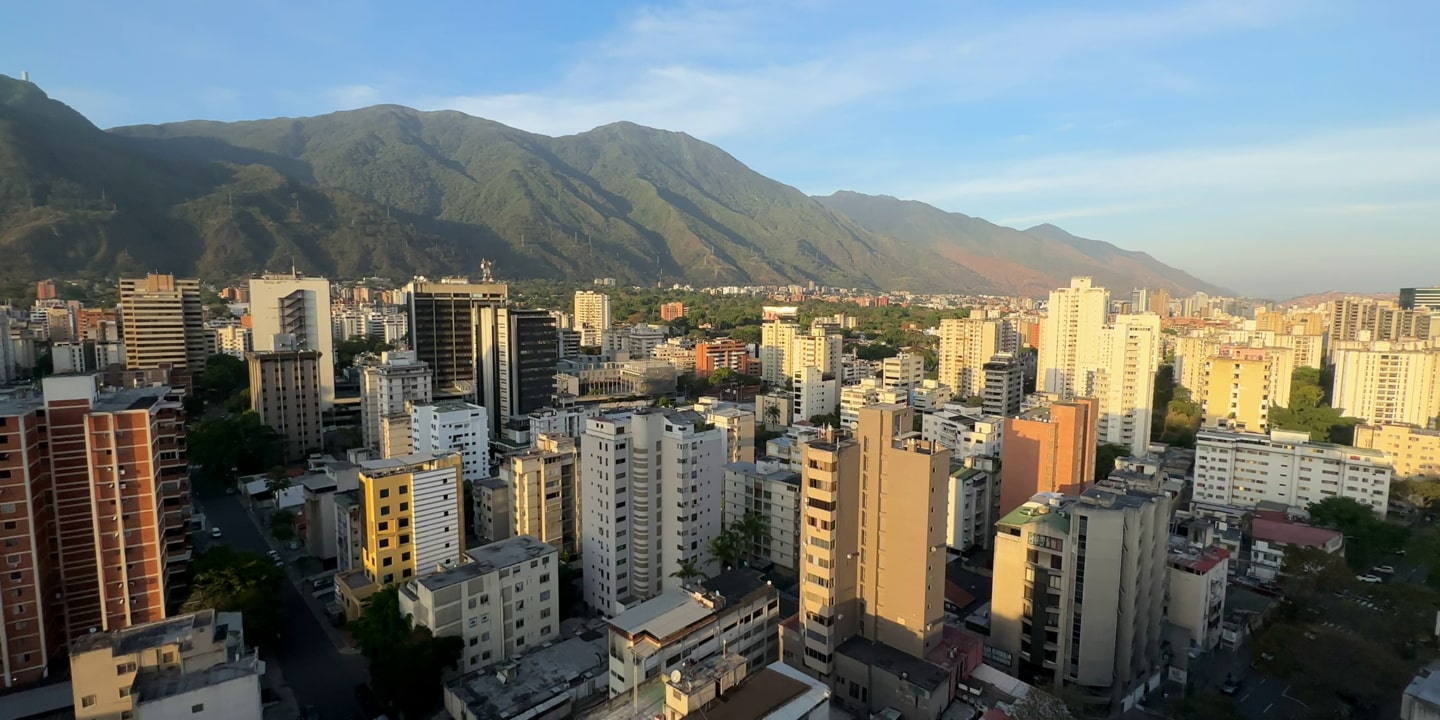
Is it safe to visit Venezuela? 2024 Update
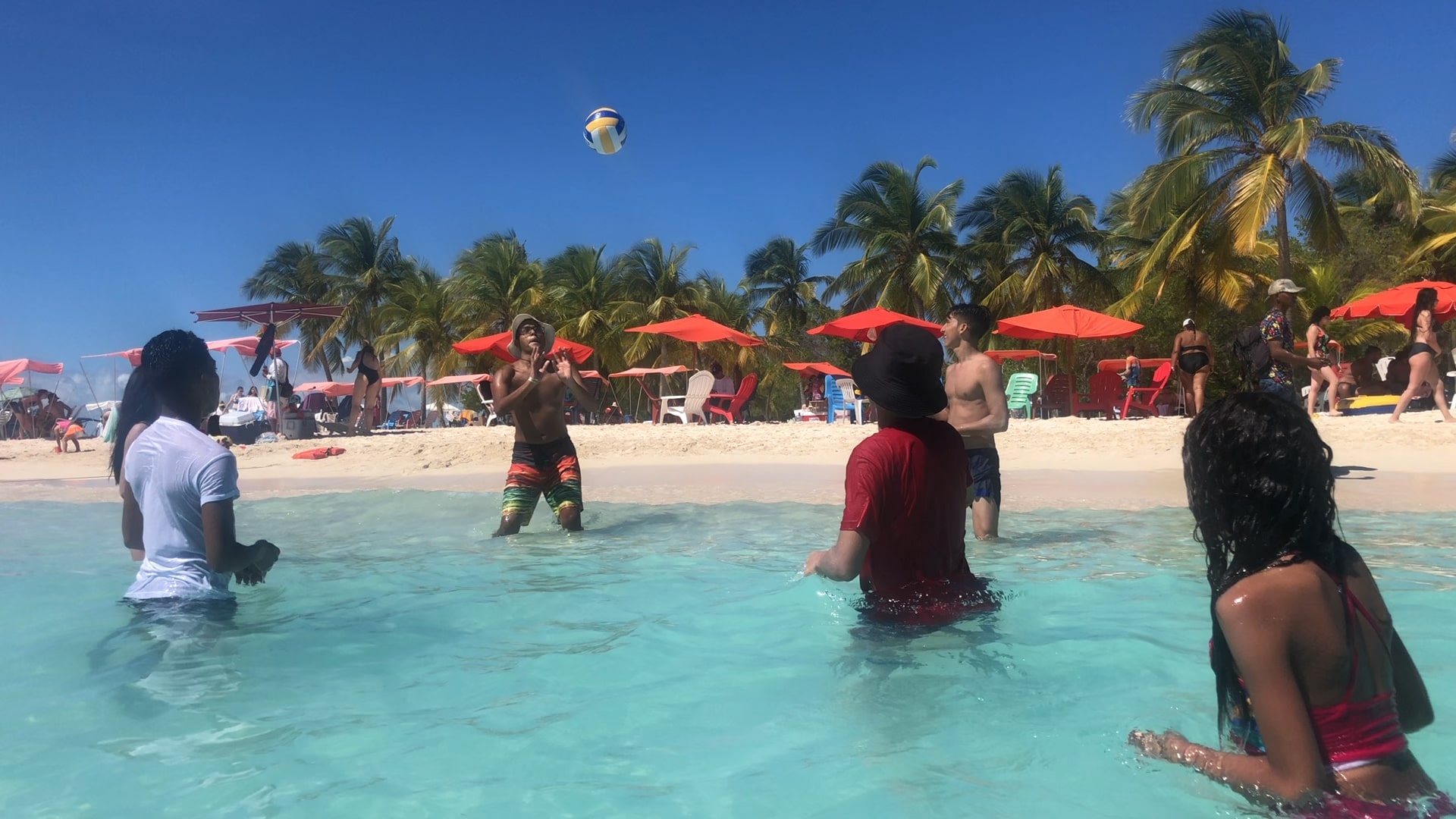
Venezuela’s Best Beaches

Top Things To Do In Caracas

